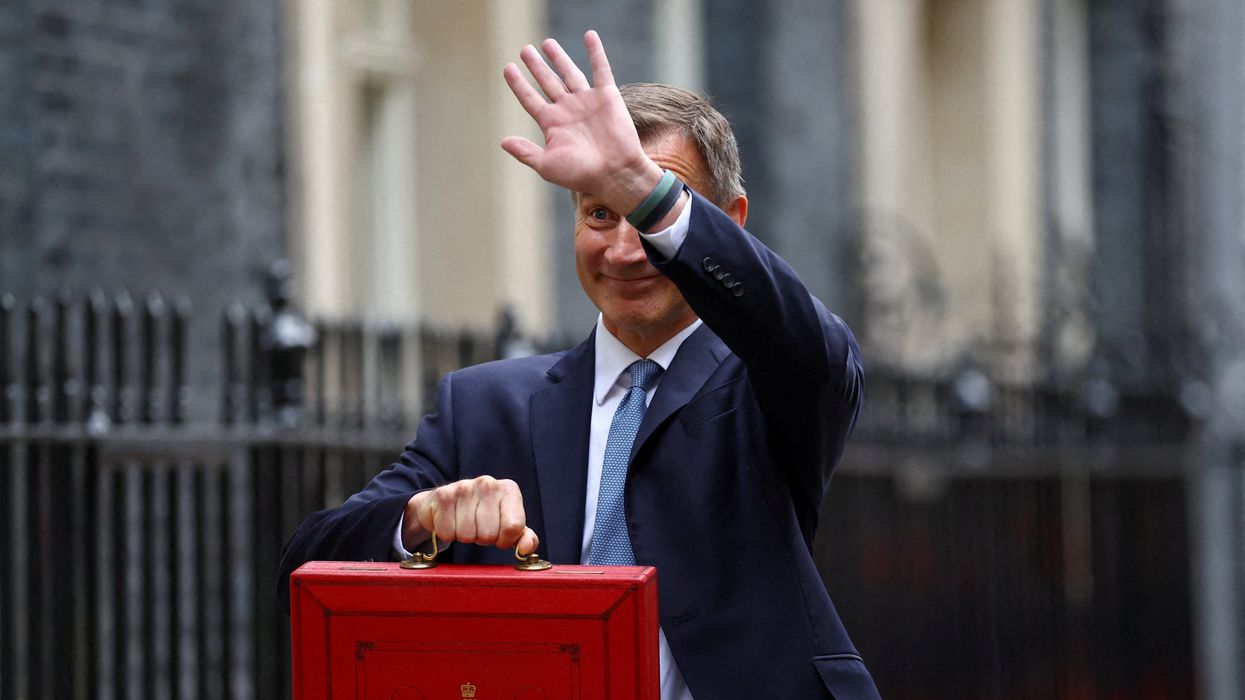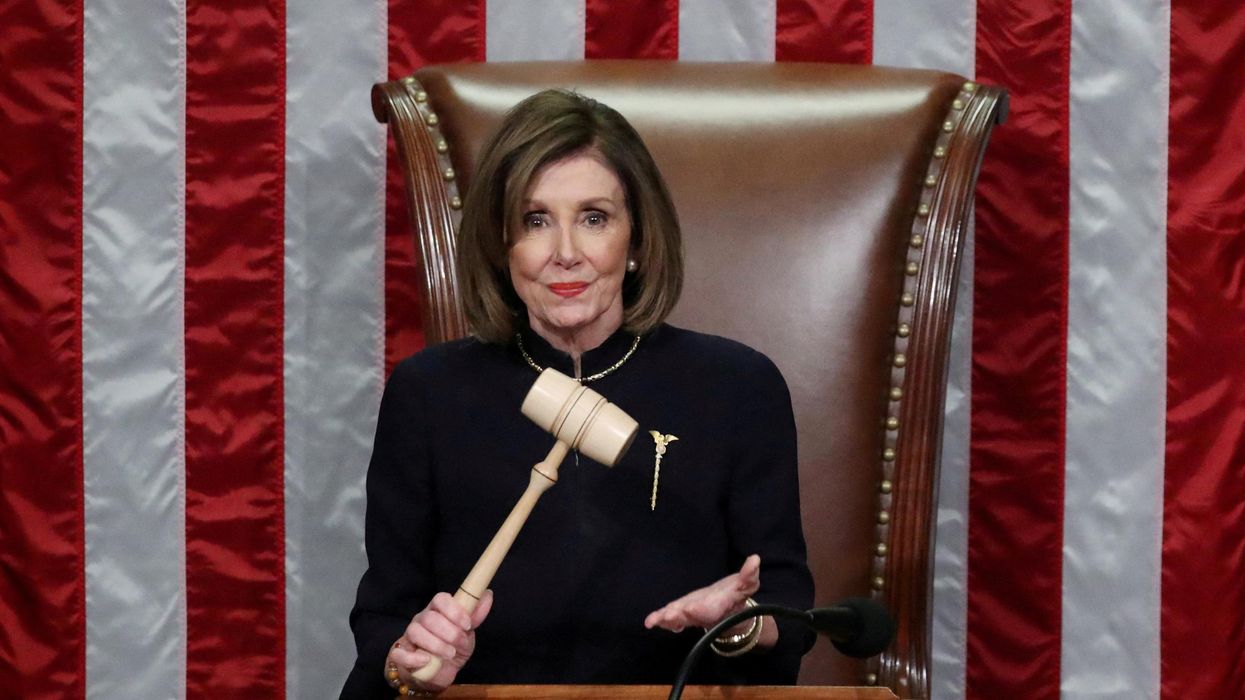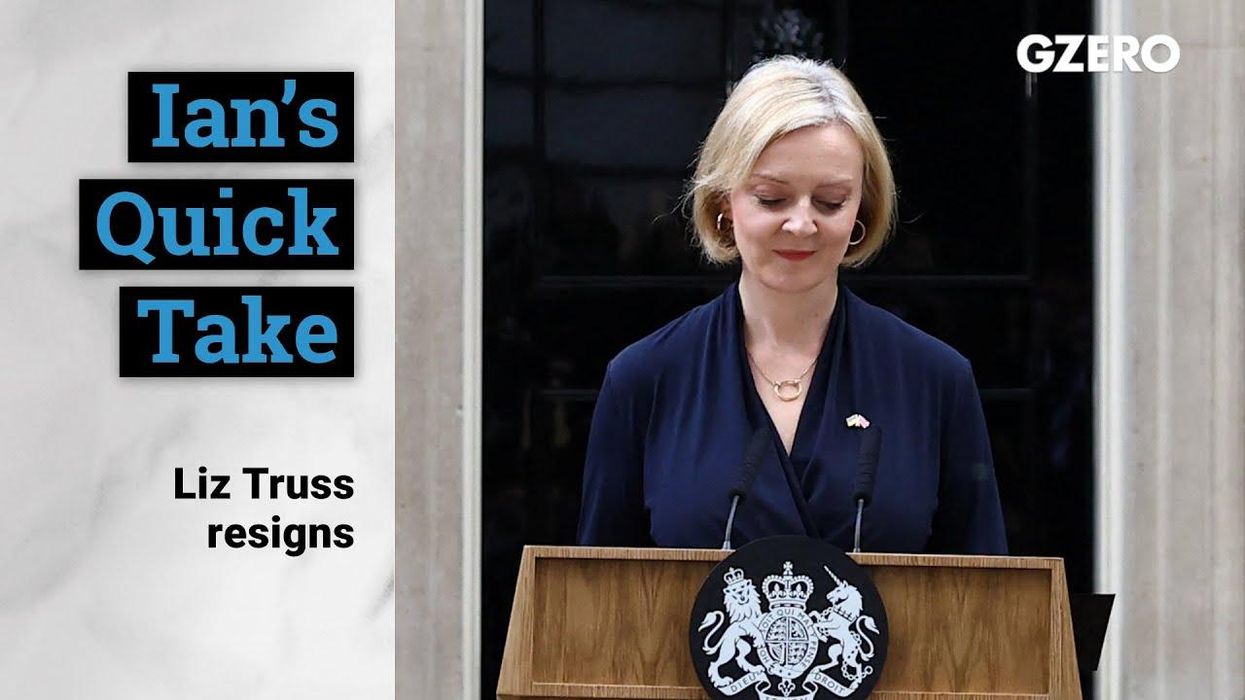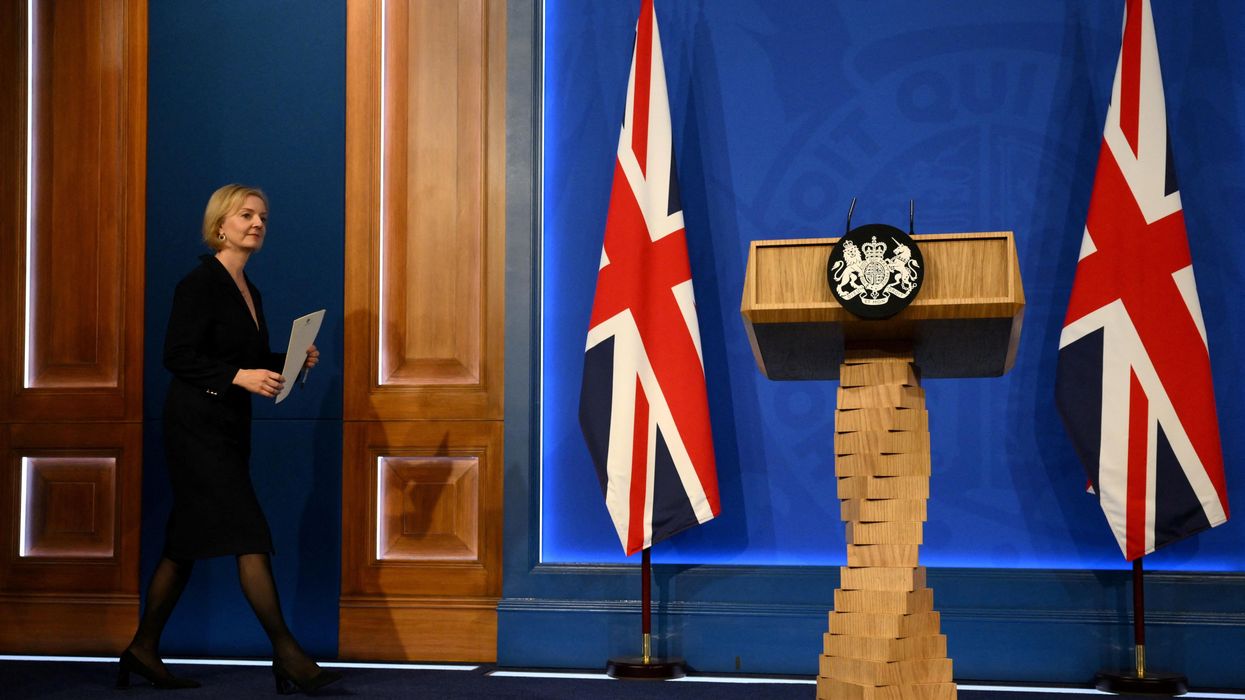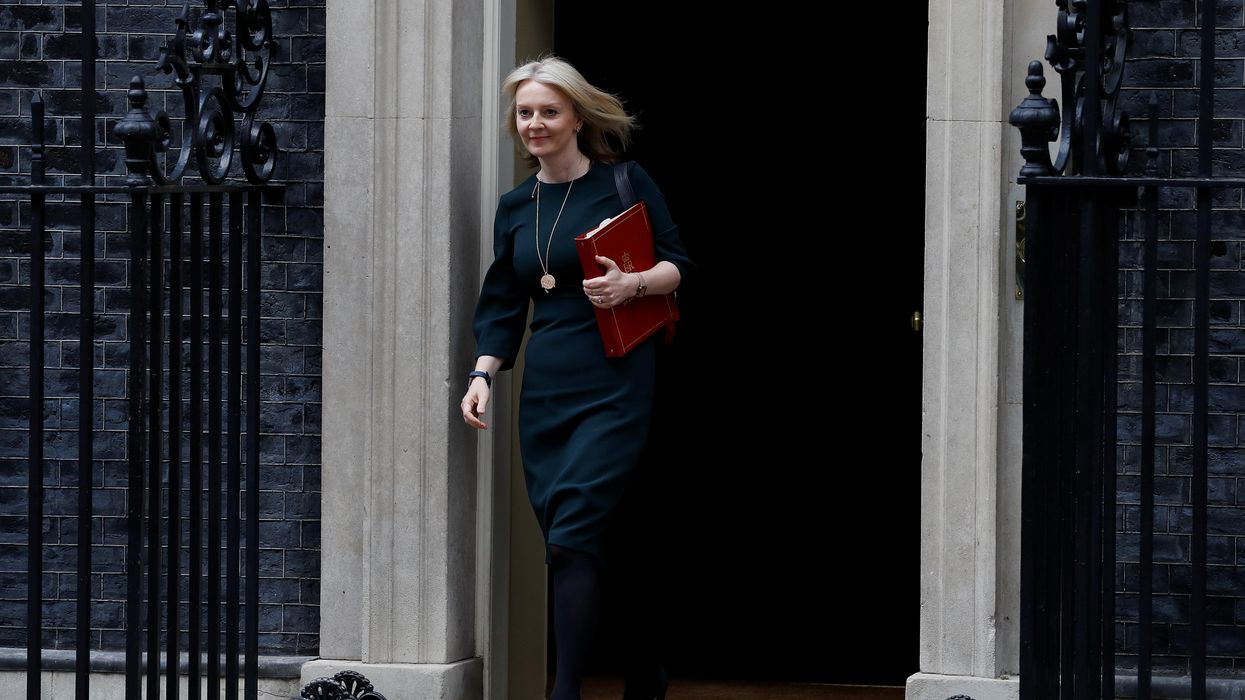Economy
A new attitude and a new budget: Can the Tories make a comeback?
Weeks after the International Monetary Fund forecast that the UK will be the worst-performing advanced economy this year, British Chancellor Jeremy Hunt on Wednesday handed down a fresh national budget.
Mar 15, 2023
